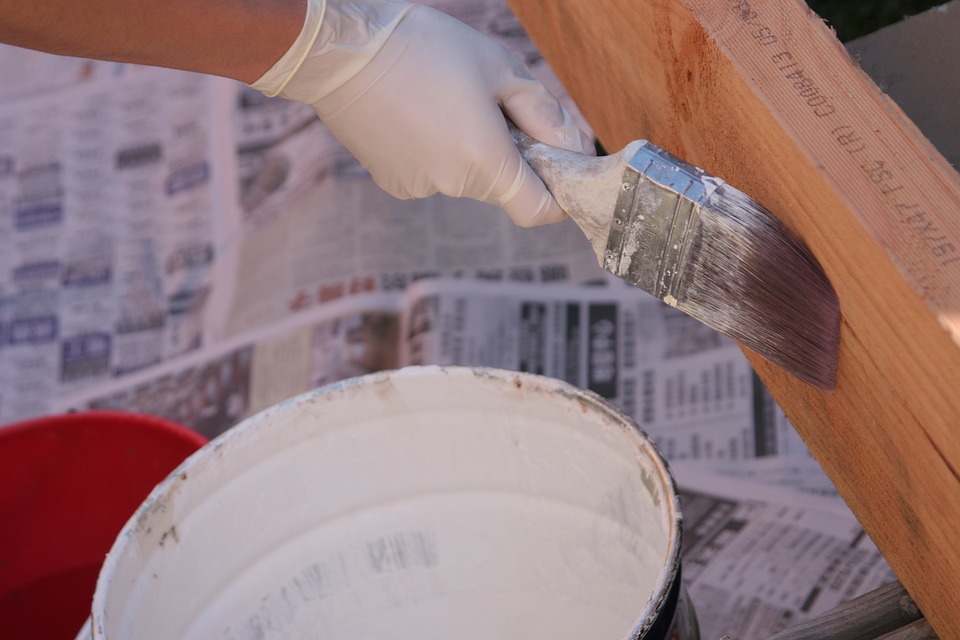When it comes to DIY home improvement, having the right tools can make all the difference between a successful project and a frustrating experience. Whether you’re a seasoned home improvement enthusiast or a novice looking to tackle your first project, equipping yourself with the best tools can enhance efficiency, safety, and the quality of your work. Below, we delve into some of the best tools that can help you achieve professional results in your DIY endeavors.
1. Power Drill
A power drill is an indispensable tool for any DIY homeowner. Available in both corded and cordless versions, power drills offer versatility for a range of tasks, from drilling holes to driving screws. A cordless drill is especially useful for its portability and ease of use. Look for models with variable speeds and reversible action, as these features increase the tool’s functionality and adaptability for different materials and tasks.
2. Impact Driver
While similar to a power drill, an impact driver is designed for driving screws more efficiently, making it an excellent tool for construction or assembly projects. Its ability to handle tough materials with high torque ensures that screws are driven securely and quickly, reducing the risk of stripping screw heads.
3. Circular Saw
A circular saw is a must-have for any serious DIYer who plans on cutting wood, plastic, or even metal. Its ability to make quick, straight cuts with ease saves time and effort compared to manual saws. Depending on your needs, you can choose between corded and cordless options. Features such as a laser guide, adjustable blade depth, and bevel capability further enhance precision and versatility.
4. Jigsaw
For intricate cuts or when working with curved shapes, a jigsaw is the tool of choice. Its reciprocating blade makes it ideal for cutting wood, metal, and plastic with precision. Modern jigsaws come with variable speed settings and orbital action, allowing for better control and smoother cuts.
5. Miter Saw
A miter saw is invaluable for making accurate crosscuts and miter cuts, especially when working on trim, molding, or framing. Compound miter saws add the capability for bevel cuts, making them even more versatile for complex woodworking projects.
6. Multi-Tool
A multi-tool is one of the most versatile items you can add to your toolkit. These oscillating tools can sand, cut, grind, and scrape a variety of materials. With a range of attachments available, they are perfect for detail work and can even get into tight spaces where other tools can’t reach.
7. Level
Ensuring that your work is level is crucial in any DIY project. A bubble level that combines horizontal, vertical, and 45-degree leveling is a basic necessity. For more advanced projects, consider a laser level that provides highly accurate alignments for tasks like hanging pictures, installing cabinets, or laying tile floors.
8. Measuring Tape
No home improvement project can be executed correctly without precise measurements. A durable measuring tape with clear markings is essential. Consider one with a locking mechanism and a sizable, easy-to-read display.
9. Stud Finder
When mounting shelves, cabinets, or heavy decor, a stud finder helps you locate the studs behind your walls, ensuring that your fixtures are securely fastened. Electronic stud finders can offer additional features like live wire detection, providing an added layer of safety.
10. Hammer
While it may seem rudimentary, a good hammer is essential for tasks involving nails, and it can also be applied in various pulling, prying, and demolition tasks. A claw hammer with a comfortable grip is versatile enough for most home improvement needs.
11. Screwdriver Set
A comprehensive screwdriver set with a range of flat and Phillips head screwdrivers is crucial for many assembly and disassembly tasks. Magnetic tips can keep screws in place, and ergonomic handles reduce hand fatigue.
12. Pliers
Pliers are critical for gripping, bending, and cutting wires and nails. A set that includes needle-nose, slip-joint, and locking pliers offers versatility for different applications, from electrical work to plumbing.
13. Utility Knife
A sharp utility knife is invaluable for cutting materials like drywall, carpeting, and rope. Look for models with retractable blades and comfortable grips, and keep spare blades on hand for optimal performance.
14. Sanding Tools
Smooth finishes require good sanding tools. Orbital sanders offer a quick way to sand large surfaces evenly, while detail sanders can handle the nooks and crannies. For smaller tasks, manually operated sanding blocks suffice.
15. Shop Vacuum
A shop vacuum is essential for keeping your workspace clean and safe, especially after projects that generate a lot of dust and debris. These vacuums can handle larger debris than standard home vacuums and often come with various attachments for different cleaning tasks.
16. Safety Gear
Never underestimate the importance of safety gear. Goggles, gloves, ear protection, and dust masks are crucial for protecting yourself from the hazards that come with using powerful tools and materials.
17. Toolbox or Tool Belt
Keeping your tools organized and easily accessible is critical. A sturdy toolbox provides a central location for storing and transporting your tools. Alternatively, a tool belt allows you to keep essential tools within reach while you’re working.
Conclusion
A successful DIY home improvement project is significantly influenced by the quality and variety of tools at your disposal. Investing in high-quality, versatile tools not only makes your tasks easier but also enhances the safety and outcome of your projects. Whether you’re tackling simple home repairs or more complex renovations, having the right tools can transform challenges into triumphs and help you achieve professional-level results in your home improvement endeavors.


